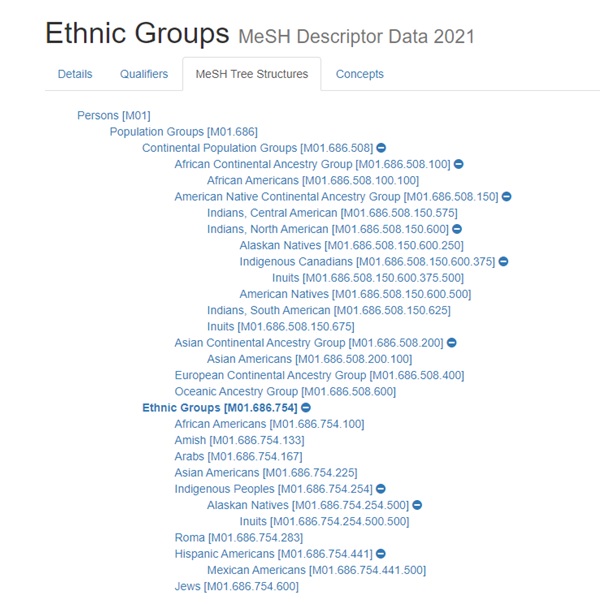![]() Love Data Week (February 14-18) is an important reminder of the role that data creation and management play in research. It’s a week where we collectively recognize the value of datasets, code, analytical tools, and all the people who engage with data to provide informational support for science.
Love Data Week (February 14-18) is an important reminder of the role that data creation and management play in research. It’s a week where we collectively recognize the value of datasets, code, analytical tools, and all the people who engage with data to provide informational support for science.
Of course, like many of you in the MSK community, the Library loves data all year round! For the past few years, we have been developing a Research Data Management program which has focused on developing services and applications to integrate with researchers’ workflows, lower administrative burdens, and encourage partnerships to support researchers throughout the life of their experiments, from planning to publication, and beyond.
Recently ResearchDataQ, a digital platform from the Association of College and Research Libraries Digital Scholarship Section, published an editorial profile written by the Associate Librarian for Data Management Services and the Library Director at MSK about the origin of our program, our new service and application initiatives, and our roadmap for future development. Read more here.
So, if you are interested in learning more about any of our initiatives, especially if you love data the same way we do, then send us an email, sign up for a class, request some one-on-one time with a data librarian, or ask us to set up a personalized data session for your lab. We hope you’ll take some time to love data, this week and throughout the year!
 2022 MeSH replacements:
2022 MeSH replacements:



